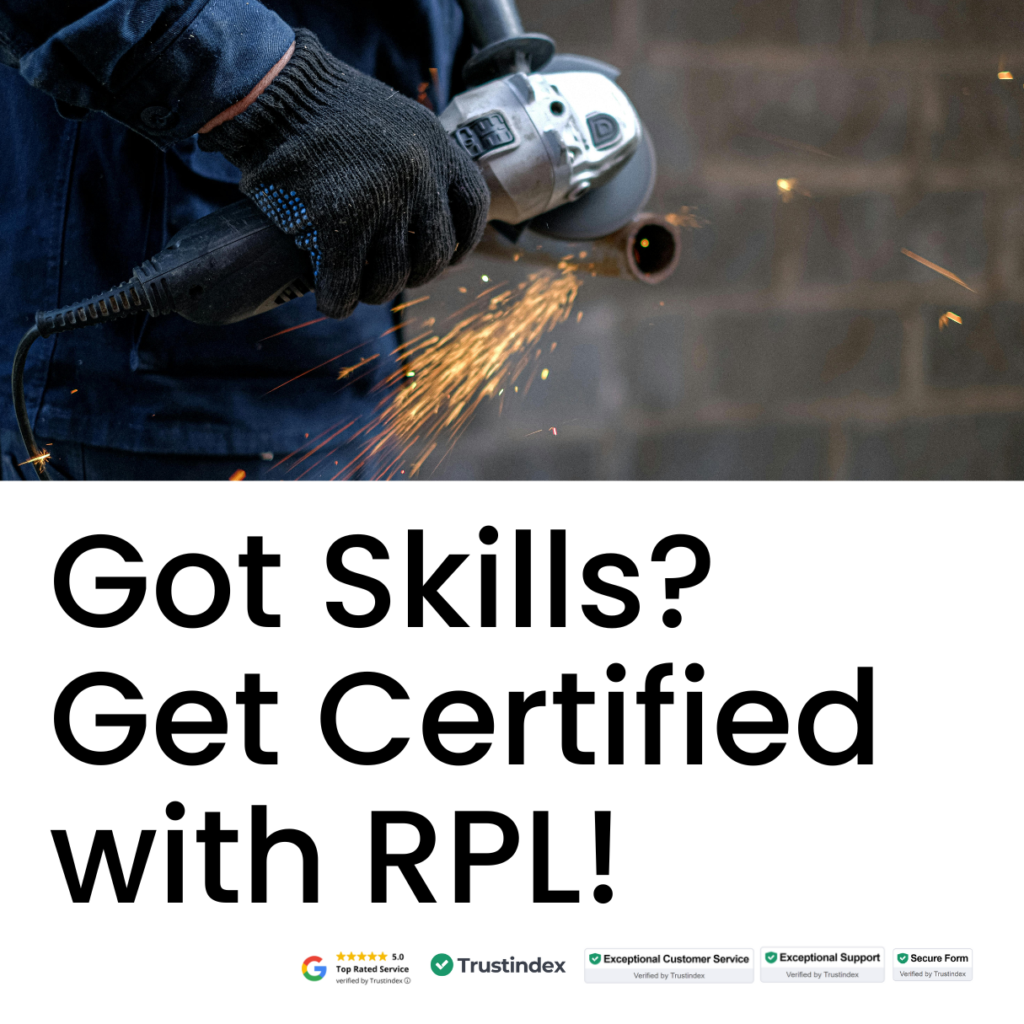When considering further education or career advancement, many professionals wonder if Recognition of Prior Learning (RPL) qualifications hold the same legitimacy as those earned through traditional formal study. The answer is clear: RPL qualifications are fully legitimate and nationally recognised, carrying equal value in the job market and professional settings.
This blog explains why RPL qualifications are just as valid as formal education, how they are awarded, and why employers and industries respect them.
1. RPL Qualifications Are Awarded by Accredited Registered Training Organisations (RTOs)
Just like formal education, RPL qualifications are granted by accredited Registered Training Organisations (RTOs). These RTOs operate under strict national regulations to ensure quality and consistency in both education and assessment.
This means your RPL qualification meets the same competency standards and outcomes as qualifications obtained through classroom-based study. For a clear understanding of the RPL process, see: What is RPL and How Does It Work?.
2. Rigorous RPL Assessments Match Formal Learning Standards
RPL involves a comprehensive and rigorous evaluation of your skills, knowledge, and experience against nationally recognised qualification criteria.
Assessors carefully review detailed evidence, including work samples, references, and documented achievements, to ensure you meet or exceed the required competencies. This thorough process guarantees that your RPL qualification is credible and equivalent in quality to formal study.
3. Equal Industry and Employer Recognition
Employers and industry bodies recognise RPL qualifications as equal in value to traditional formal study because both meet the same regulated standards.
Holding an RPL qualification demonstrates that you possess verified skills and knowledge, making you a trusted professional in your field. This recognition is crucial for hiring, promotion, and professional licensing decisions. Learn more about this in: RPL: The Key to Career Advancement and Better Job Opportunities
4. Supports Professional Licensing and Accreditation
In regulated industries such as healthcare, construction, and education, holding valid qualifications is mandatory for licensure and accreditation. RPL qualifications issued by accredited RTOs fulfil these requirements, ensuring you can work legally and confidently in your profession.
5. Encourages Lifelong Learning and Flexibility
RPL values diverse learning experiences, recognising that much of your expertise may come from work, life, or informal education, not just classroom hours.
This flexible recognition aligns with modern educational philosophies and supports ongoing learning, enabling you to formalise skills at your own pace. Learn more about lifelong learning with RPL in: RPL and Continuing Professional Development (CPD).
6. Builds a Comprehensive Professional Portfolio
The RPL process requires you to compile a detailed portfolio of your skills, training, and accomplishments.
This portfolio strengthens your qualification and provides a valuable tool to showcase your real-world capabilities to employers and industry bodies. Need help preparing your portfolio? See: The Ultimate Checklist for Building Your RPL Portfolio.
Final Thoughts
RPL qualifications hold the same legitimacy and professional value as those earned through traditional education. They are awarded by accredited RTOs, backed by rigorous assessment, and fully recognised across industries.
If you’re ready to gain a nationally recognised qualification that truly reflects your skills and experience, begin your RPL journey with STUDYIN’s Free 40-Second RPL Skill Assessment today.
All qualifications are awarded by our trusted partner RTOs.









